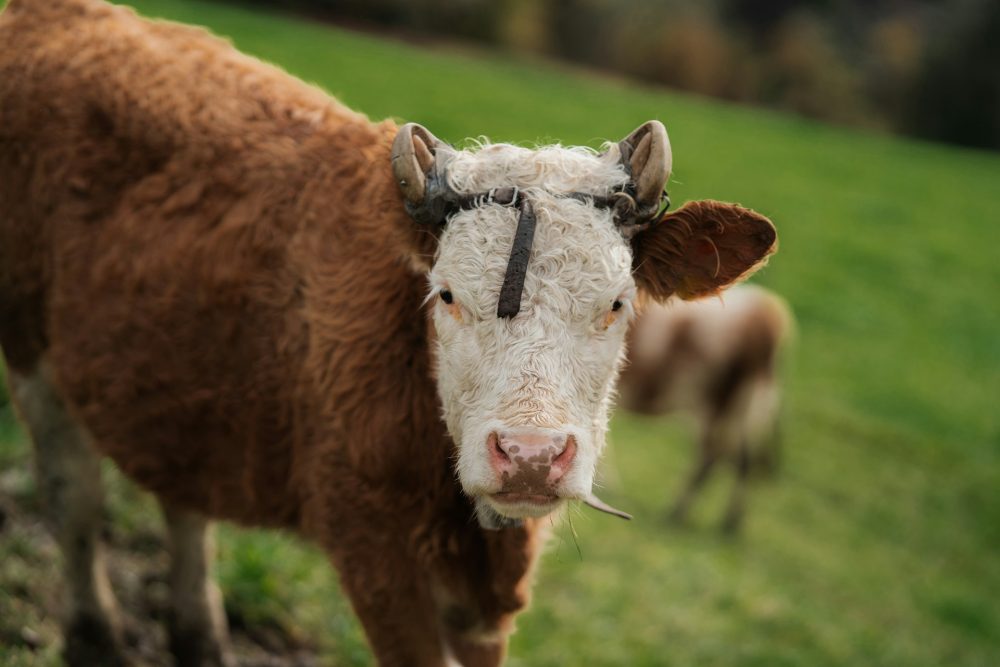Dairy farming has advanced considerably over the past few decades, with new technologies and feeding strategies introduced to improve cow health, milk production, and overall efficiency. One such development gaining significant attention is the use of alkaline feeding solutions. These alkaline-based diets are transforming how high-yielding dairy cows are fed, offering numerous benefits for both farmers and their animals. These innovative feeding methods are celebrated for their ability to enhance digestion, promote better nutrient absorption, and increase milk yields while also improving the overall health and well-being of dairy cows.
Understanding Alkaline Feeding Solutions
Traditional dairy cow diets generally consist of a combination of silage, hay, grains, and commercial feed supplements. While this has been the norm for many years, researchers and farmers have begun to recognise the limitations of acidic diets, particularly when feeding high-yielding cows. Due to their high milk output, these cows require precise nutrient management to maintain peak performance without compromising their health.
Alkaline feeding solutions involve raising the pH of the cows’ diet by incorporating more alkalising ingredients. This may include the use of specific alkaline feeds, such as urea-treated silage, or feed additives that increase the overall pH level in the rumen. The primary objective is to create a more balanced environment in the cow’s digestive system, especially in the rumen, where the majority of feed breakdown and nutrient absorption takes place.
By maintaining a slightly higher pH level in the rumen, dairy cows experience improved digestion, better nutrient uptake, and a more stable internal environment. This is essential for high-yielding cows, which are often susceptible to digestive disturbances such as acidosis, a condition that arises from acidic feeds. Acidosis is a common issue resulting from the fermentation of high-energy feeds, which causes a drop in rumen pH levels and disrupts digestion.
The Science Behind Alkaline Diets
The rumen, a large fermentation chamber within the cow’s stomach, houses millions of microorganisms responsible for breaking down fibrous plant material into nutrients that the cow can absorb. The balance of these microorganisms, and the effectiveness of the fermentation process, is highly dependent on the rumen’s pH levels.
When the rumen pH drops too low, particularly below 5.5, cows are at risk of developing ruminal acidosis. This condition impairs digestion, reduces feed intake, and negatively affects milk production. Alkaline diets help prevent this by keeping the pH level closer to neutral (around 6.0-6.5), which is optimal for microbial activity and digestion. Consequently, cows benefit from better feed efficiency, improved health, and higher milk yields.
Additionally, alkaline feeds promote enhanced fibre digestion, which is crucial for high-yielding cows reliant on roughage-rich diets. By improving fibre breakdown, cows can extract more energy from their feed, leading to better body condition and enhanced performance overall.
Benefits of Alkaline Feeding Solutions for Dairy Farmers
- Increased Milk Production
One of the most notable advantages of alkaline feeding solutions is the potential for increased milk yields. With improved digestion and nutrient absorption, cows are able to convert feed into milk more efficiently. This is especially important for high-yielding cows, which require a consistent supply of energy and nutrients to sustain their high levels of milk production. Research shows that cows on alkaline diets often produce more milk, with higher fat and protein content, compared to those on more acidic diets.
- Improved Cow Health
Alkaline feeding solutions have been shown to improve the overall health and welfare of dairy cows. By preventing ruminal acidosis, farmers can minimise the risk of digestive issues that frequently affect high-yielding cows. This results in fewer health problems such as lameness, metabolic disorders, and weight loss, all of which can negatively impact milk production and cow longevity. Healthier cows are also less likely to need medical interventions, which reduces veterinary costs and enhances farm profitability.
- Enhanced Feed Efficiency
Alkaline diets allow cows to make better use of the feed they consume. With enhanced digestion and nutrient absorption, cows can extract more energy and protein from their feed, reducing the need for costly feed supplements and additives. This not only cuts feeding costs but also reduces the environmental impact of dairy farming by decreasing the amount of waste produced by cows.
- Sustainability and Environmental Impact
The shift to alkaline feeding solutions can also have positive environmental consequences. By improving feed efficiency and reducing the occurrence of digestive issues, dairy farmers can lower methane emissions from cows, a significant contributor to greenhouse gases in agriculture. Healthier cows with fewer digestive problems produce less methane, contributing to a more sustainable dairy farming practice.
- Longevity and Productivity
High-yielding cows fed alkaline diets often enjoy longer productive lives. The reduction in health-related issues allows them to remain in the herd for extended periods, improving overall farm efficiency and profitability. By promoting long-term health and reducing the need for culling due to health problems, farmers can maintain a stable herd and maximise their investment in their animals.
Alkaline feeding solutions are revolutionising the way dairy farmers manage the nutrition of high-yielding cows. By enhancing digestion, improving nutrient absorption, and promoting cow health, these innovative diets help increase milk production and improve farm profitability. As more farmers adopt alkaline feeding strategies, the future of dairy farming looks promising, with healthier cows, higher yields, and a more sustainable approach to feeding.





